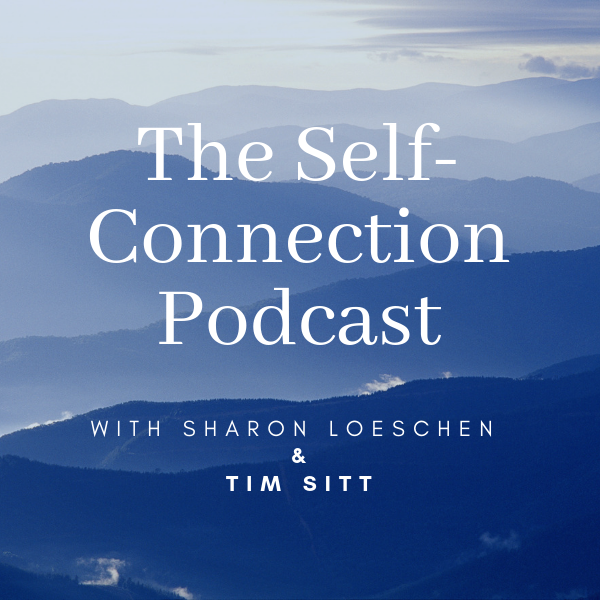Sharon and Tim explore a large and important question, “What is support?” In the context of family, couples, and in relationships generally. People seem to have a deep longing to be seen and understood. When this is missing a tremendous pain and sense of loss can occur. We also explore the theme of forgiveness in intimate relationships.
We will continue to explore this questions over a series of conversation. This is part 1.
Show notes:
0:00 we introduce the topic as a question, “What is support?” and we will try to answer it based our understanding and learnings from the universal wisdom from Virginia Satir
0:58 the meditation starts
3:49 Our conversation begins. Sharon shares Jean McClendon’s phrase, “Everything is better with support” Sharon shares that being support is offering an energy of awe and acceptance.
6:41 We talk about “holding the space” and what this means.
-Being truly grounded so you can be there for the other person, and trusting that there is a healing possibility.
-People coming into a healing space are often terrified of being stuck in a negative experience.
9:42 offering support can be acting as a guide. Encouraging someone to move through an experiential landscape. To go someplace they have never been before.
Sometimes it can be scary for the sake of the pain that might be faced and the loss of what is familiar.
A supportive can normalize the journey that a person is going through when they are in pain.
11:43 We discuss Sue Johnson’s idea that one of the things people long for most is that someone could be there for them.
“There is a difference between the pain of blame and the pain of recognition “ Virginia said. People can get stuck int he pain of blame.
13:00 we talk about parenting. Sharon talks about acknowledging shoulds with clients as a way of helping them experience acknowledgement. She shares a case of someone stuck in the pain of blame and giving her a supportive space to grieve and feel the loss, before moving her to acceptance. Often helping people own their expectations and letting go of a should of the past and accepting what happened can be healing and freeing. In other words, helping people orient themselves positive and constructively between the past, present and future is a way of being supportive. This movement needs to include understanding, empathy, and realism.
17:00 we talk about acknowledge as a step in the process of change in being supportive. Support is reflecting back that you are understanding and seeing what the other person is experiencing. “You need to feel that someone else feels you” Sharon eloquently summarizes.
20:30 when we fixate on the should, we get caught up in toxic patterns of blame, contempt, stone walling (See Gottman’s 4 Horseman of the apocalypse) In order to get out of stuck patterns, we need to be able to soften our shoulds and resentments. A supportive listener can help with this.
21:50 Sharon shares about the life of Alexander Wilson who had 4 marriages which were all a secret to each wife. The wife through a process of forgivenss that includes first understanding which leads to compassion.
26:00 the importance of having a cohesive story for healing and health. Support is in helping people tell their stories and to make meaning of their experience.
27:30 Sharon shares her perspective that somethings are unforgiveable and that she never pressures people that they should forgive. Tim shares two levels of forgiveness with which he works with people. One is forgiveness for the individual and letting go and the second having to do with forgiving and healing and continuing a relationship.



